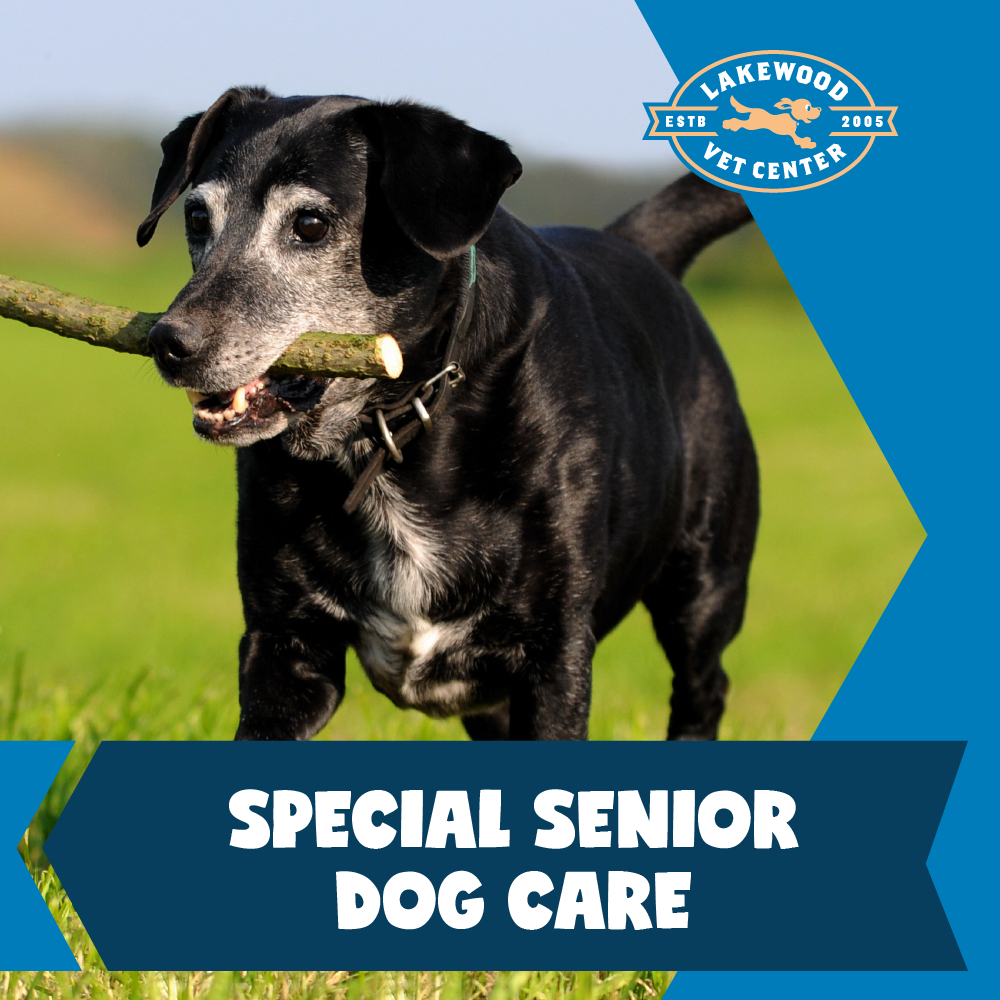Buzz Haven: Your Daily Dose of Trending News
Stay updated with the latest buzz in news, trends, and insights.
Senior Pets: Aging Gracefully without the Grumble
Discover tips for caring for senior pets and helping them age gracefully without the grumbles. Make their golden years truly shine!
Understanding the Unique Needs of Senior Pets
As pets age, they require special attention and care to address their unique needs. Senior pets often exhibit changes in behavior and health that are crucial for owners to understand. For instance, many senior dogs and cats face mobility issues, requiring modifications in their living environment, such as non-slip surfaces and easier access to essential areas like food and water bowls. Additionally, a senior pet’s diet may need to be adjusted to accommodate for weight management and digestive sensitivities. Paying attention to these factors not only enhances their quality of life but also fosters a stronger bond between pet and owner.
Regular veterinary check-ups become increasingly essential as pets age. It is recommended that senior pets have wellness visits at least twice a year to monitor their health closely. These visits can help identify early signs of issues such as arthritis, dental disease, or organ dysfunction. **Consider investing in enriched environments** that stimulate their cognitive functions and keep them engaged. Activities such as gentle grooming, puzzle toys, and interactive play can significantly enhance a senior pet's emotional and physical well-being, making their golden years truly rewarding.

Top Tips for Keeping Your Aging Pet Active and Happy
As our beloved companions grow older, it becomes essential to help them stay active and engaged. One of the top tips for keeping your aging pet active and happy is to adjust their exercise routines. Instead of long, rigorous walks, opt for shorter, more frequent strolls that cater to their stamina and mobility. Also, consider incorporating gentle activities like playing fetch in a controlled environment or engaging them in interactive toys that stimulate their minds without overexerting their bodies.
Nutrition plays a significant role in the well-being of senior pets. Providing a balanced diet specifically formulated for aging pets can enhance their energy levels and overall happiness. Don't forget to monitor your pet’s hydration; keeping them well-hydrated is crucial for their health. Additionally, regular vet check-ups will help you keep tabs on any physical changes and receive tailored advice for maintaining their activity levels.
What to Expect as Your Pet Ages: Common Changes and How to Adapt
As your pet ages, it's essential to recognize the common changes that take place, both physically and behaviorally. Just like humans, senior pets may experience a decline in energy levels, changes in appetite, and increased instances of health issues. You might notice that your furry friend is less enthusiastic about playtime or is sleeping more than usual. Additionally, cognitive changes can occur, leading to confusion or anxiety. These shifts are normal, but staying vigilant is key to identifying their needs as they age.
To adapt to these changes, consider adjusting your pet's routine and environment. This can include implementing a senior-friendly diet to help manage weight and promote joint health, as well as providing regular check-ups with your veterinarian to monitor for age-related health problems. Exercise routines may need to be modified to suit their energy levels; instead of intense play sessions, opt for gentle walks or interactive activities. Finally, creating a comfortable and safe space at home, free from hazards, can significantly enhance their quality of life during their golden years.